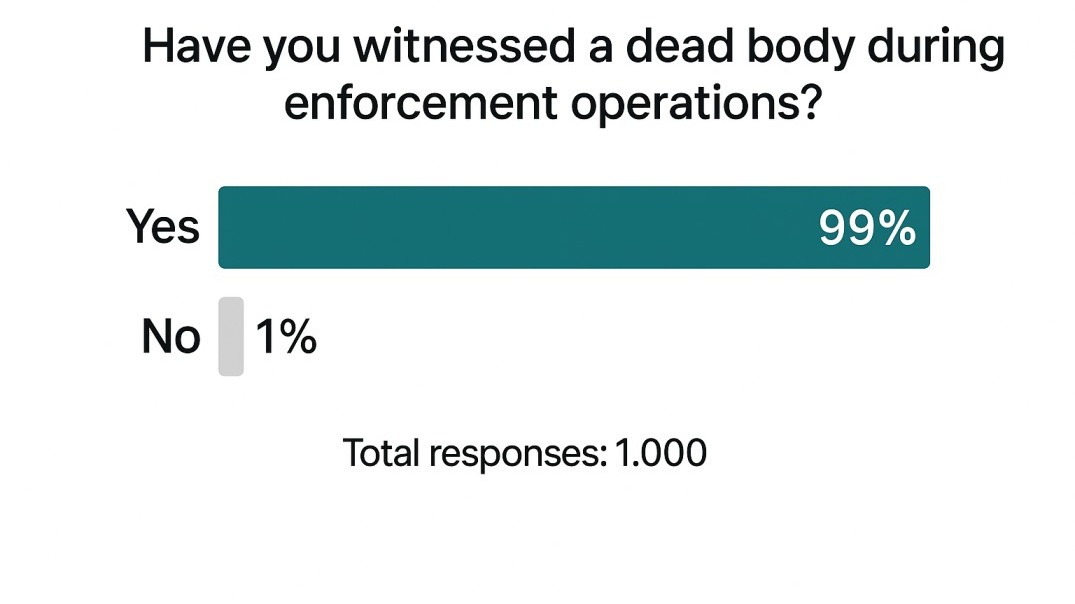
The High Stakes of Estate Planning in Law Enforcement
Policing is undeniably one of the most perilous professions, with officers facing mortality rates much higher than the general populace. Dangerous conditions—including the stress of the job and physical confrontations—coupled with factors such as heart disease and suicide, contribute to an alarming average life expectancy of just 66 years for officers, significantly lower than the national average of 78 years. This backdrop raises an urgent question regarding estate planning: are law enforcement professionals adequately preparing for their inevitable demise?
The State of Estate Planning Among Officers
The financial and emotional implications of estate planning are profound, particularly in the high-risk environment of law enforcement. Statistics show that only 34% of U.S. adults had engaged in estate planning as of early 2024. Alarmingly, this figure drops to 24% among those aged 34 and younger, a category that includes many first responders. Given the elevated mortality risks within police forces, it's reasonable to assume that many officers are departing life without having established crucial legal and financial plans.
Understanding Estate Planning Beyond the Basics
Estate planning is more than just drafting a will; it encompasses a comprehensive approach to managing one’s assets and wishes post-mortem. Major components include life insurance, retirement benefits, guardianship arrangements for dependents, and instructions for asset distribution, including personal effects like firearms or heirlooms. Each decision made through the estate planning process reflects an essential exercise of agency, especially in the context of police officers who often put their lives at risk daily.
The Cost of Neglect
Establishing a formal estate plan not only eases the burden on grieving families, but it can also be a determining factor in the financial stability of surviving members. The absence of a well-defined estate plan can lead to costly and time-consuming probate processes, leaving families in lurches during emotionally taxing periods. Beneficiary designations on bank accounts can expedite access to funds, avoiding unnecessary delays that could compound the stress of loss.
Estate Planning's Impact on Family Dynamics
Inheritance can serve as a significant wealth transfer in one's lifetime, profoundly impacting the financial futures of heirs. However, without thoughtful planning, inheritances may lead to family disputes or misunderstandings, further straining relationships at already challenging moments. The emotional weight of these decisions should never be underestimated, particularly as officers face unique circumstances around their duty, service, and ultimate sacrifice.
Urgent Call for Policy Review and Community Engagement
As a vulnerable and vital segment of our society, law enforcement officers deserve robust support in estate planning. Governments and organizations within the public sector must consider implementing programs tailored to increase awareness around the necessity of estate planning for officers. Incentivizing estate planning initiatives through workshops or integrated benefits in police training could mitigate the risks associated with neglecting this crucial aspect of financial health.
Final Thoughts: Time for Action
The mortality trends within law enforcement highlight the pressing need for a cultural shift towards proactive estate planning. Officers must engage in conversations with financial and legal professionals to ensure that they have the necessary frameworks in place to protect their families. The collective efforts of officers, policymakers, and community leaders can foster an environment where adequate estate planning becomes a priority, ensuring that those who serve and protect their communities are not left without preparation in their final days.
 Add Row
Add Row  Add
Add 

 Add Element
Add Element 


Write A Comment